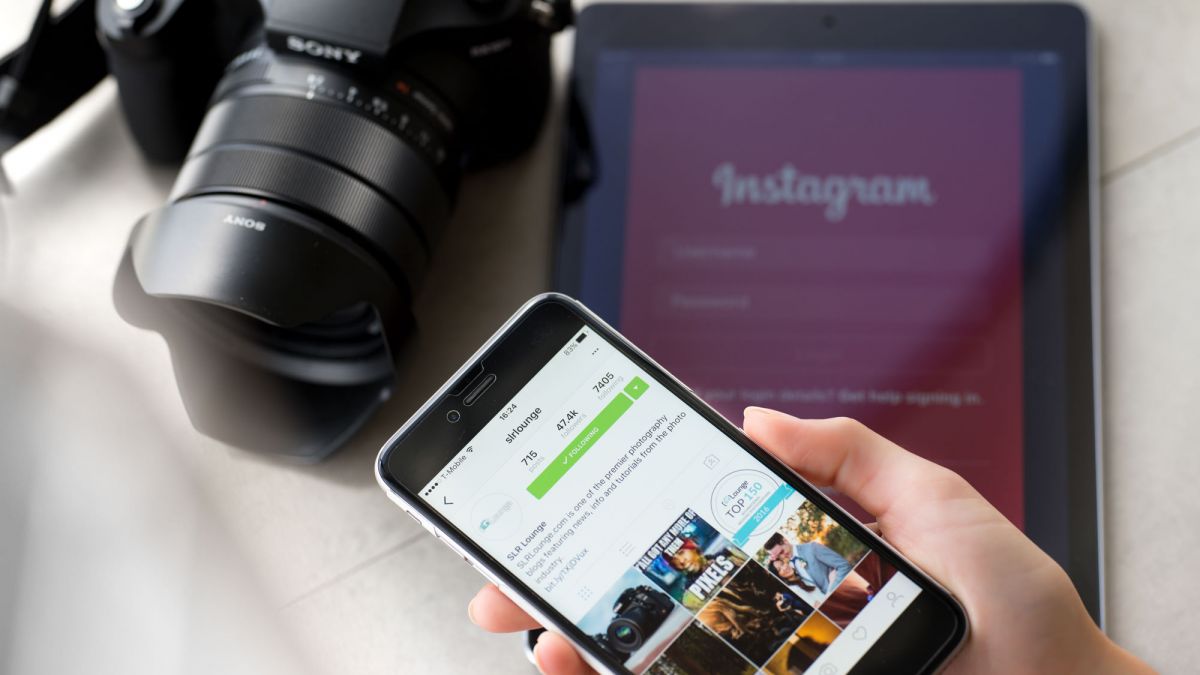
In some recent copyright news, a federal court has dismissed a photographer’s claim against Mashable for using one of her images from Instagram without her consent, citing that the photographer “signed over the right of embedding by posting the shot to the photo-sharing service Instagram”.
In a post from The Hollywood Reporter, it’s said that Mashable had approached the photographer (Stephanie Sinclair), to feature her and asked permission to include one of her images in the write-up. Sinclair had declined Mashable’s offer of $50 but the site ended up running the photo regardless.
Sinclair filed a copyright suit and Mashable managed to avoid the whole copyright and image theft claim by using a feature included in Instagram by default: The Embedding Feature! Thus, it was “technically” just linking to the original post on Sinclair’s own Instagram page.
In the court ruling, Judge Kimba Wood dismissed Sinclair’s copyright lawsuit stating “because the plaintiff uploaded the Photograph to Instagram and designated it as “public,” she agreed to allow Mashable, as Instagram’s sublicensee, to embed the Photograph in its website.”
Ironically, you can see from my screenshot of the original post, that Sinclair has since deleted her image from Instagram, preventing Mashable from using the embedding option on their post.

Instagram is a VERY popular photo-sharing platform, streaming service, and let’s face it, it’s practically become the new official business card for any photographer or videographer out there in the current market. So when we share images on there, or sites like Flickr and Twitter, you need to be careful since by using these services, you’ve agreed to their terms of service, allowing your content to be embedded on external sites without your permission. And apparently, with the settings and T.O.S. on these platforms, there’s no option to disable this feature. Your only option is to set your account to private (which defeats the purpose of many professionals who use it as an advertising platform), or to not post there at all!
This has prompted a flurry of comments & opinions on the internet along with some feedback from the ASMP to request services like Instagram and Twitter to provide the option to disable the embedding feature.
Ironically, this morning I posted an image from a camping adventure to which the corporation REI was quick to comment on and asked to share it on their accounts. You can see the comment and my reply below;

When this happened, I hadn’t been aware of the case with Sinclair and it was a conversation with another writer/photographer about this that pointed me to it, and made me realize after I replied “no” to the Outdoor Company getting free access to my image, it’s entirely possible REI can just embed my image and get away with it.
Sinclair “argues that it is unfair for Instagram to force a professional photographer like [her] to choose between ‘remain[ing] in “private mode” on one of the most popular public photo sharing platforms in the world,’ and granting Instagram a right to sub-license her photographs to users like Mashable,” writes the judge. “Unquestionably, Instagram’s dominance of photograph- and video-sharing social media, coupled with the expansive transfer of rights that Instagram demands from its users, means that Plaintiff’s dilemma is a real one. But by posting the Photograph to her public Instagram account, Plaintiff made her choice. This Court cannot release her from the agreement she made.”
James Bartolomei, attorney for Sinclair, expressed disappointment with the outcome. “We believe no photographer knowingly contracted away their ownership rights in their photos when they choose to use Instagram,” he added. “We remind everyone that this is only one single federal district court opinion and is not the binding law of the United States or even the Second Circuit Court of Appeals. Our client is considering an appeal.”
So what’s the bottom line here? It might feel great to get some “free publicity” if you’re just starting out and you got lucky with an awesome shot. However, if you’re a veteran who has been working hard for a long time, then chances are you’d like for all your hard work to actually be rewarded in a more substantial way.
Media outlets of all kinds, such as the press, eye-candy content (clickbait) websites, and large corporations with advertising budgets, should all show a little more respect for artists by offering them at least some compensation for image usage. In case you weren’t aware, the business of internet traffic is HUGE, it can certainly afford to spend a few dollars on image licensing.
Simply put, this is a very important issue right now, especially with virtually all of humankind currently looking for more ways to make at least a little extra income, especially online. So what do you think? Have you had any copyright issues when posting your images online? Have you used someone else’s work without permission in this way before? What do you think about the option to disable sharing and embedding from sites like Twitter and Instagram? Let us know in the comments below.





Get Connected!